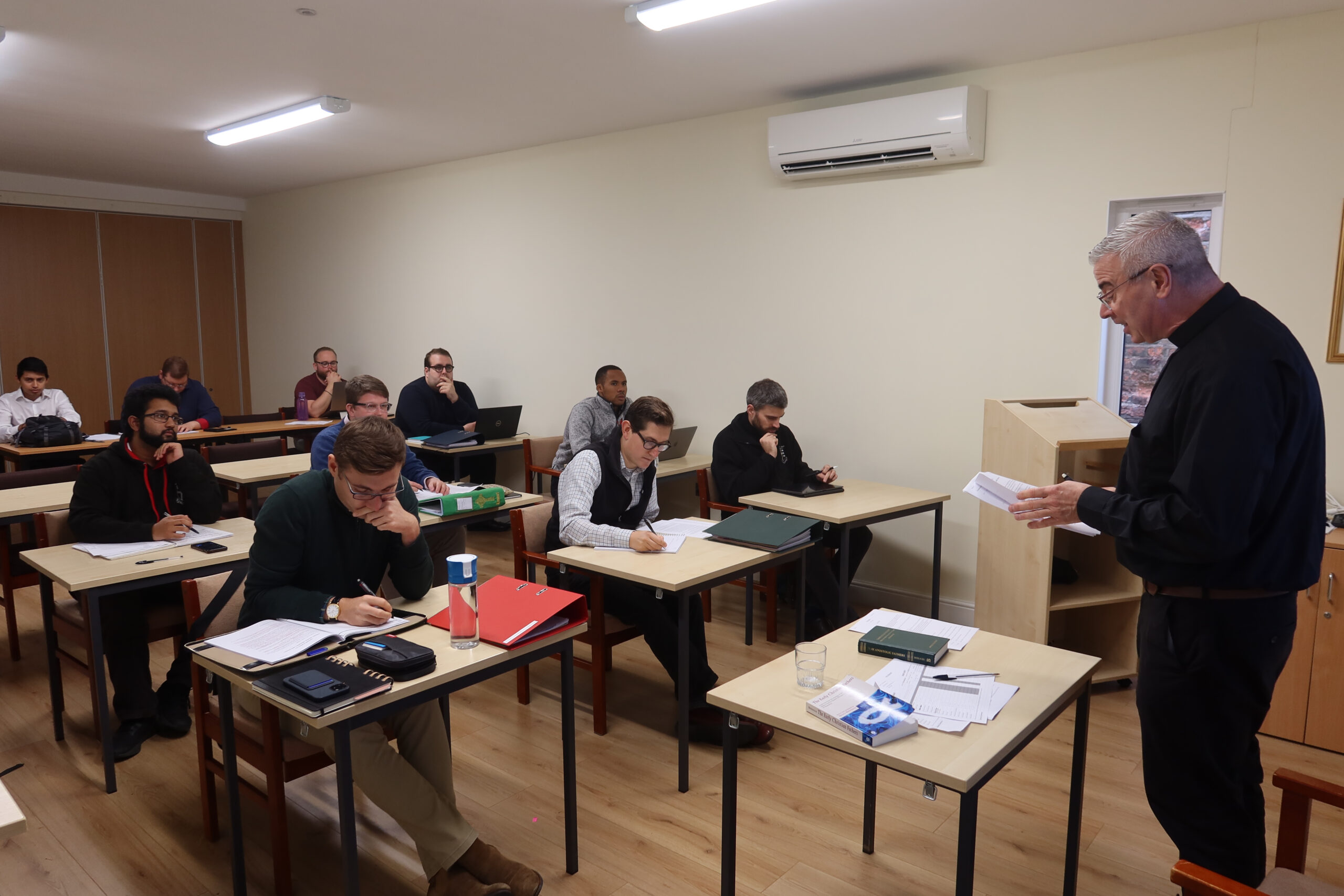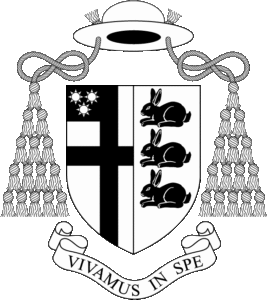
Intellectual Formation
The aim of intellectual formation at the seminary is to expose the ordinand to the Church’s tradition and to deepen the knowledge and love of the mystery of faith.
By Fr Javier Ruiz-Ortiz
Dean of Studies
Seminary formation is geared for the day on which the candidate is ordained. The long process of seminary formation aims at creating in the ordinand a conscience of what he is doing on the day he gets ordained and thereafter.
Before the seminarian is ordained a deacon, he is questioned on his intentions. One of the questions the candidate needs to answer is “Do you resolve to hold fast to the mystery of faith with a clear conscience, as the Apostle urges, and to proclaim this faith in word and deed according to the Gospel and the Church’s tradition?”
The aim of intellectual formation at the seminary is to expose the ordinand to the Church’s tradition and to deepen the knowledge and love of the mystery of faith. In that way the candidate gets a clear conscience of what our Tradition is. The Church has a 2,000-year tradition, which has been handed over and explained down the ages. By studying and deepening that Tradition, the ministers of the Church are equipped to fulfil the apostle Peter’s command: “but in your hearts honour Christ the Lord as holy, always being prepared to make a defence to anyone who asks you for a reason for the hope that is in you; yet do it with gentleness and respect,” (1 Pet 3:15).
As an ordained minister, the deacon and priest have a duty to teach the faith. Intellectual formation does not consist solely in attending lectures, reading articles, writing essays or sitting exams. These are integral parts of the intellectual formation but academic formation is much more. The intellectual formation enriches the person, informed pastoral practice and feeds the spiritual life. The ultimate goal of formation is to integrate all facets of the training of the candidates.
The training of the candidates consists of six years during which the seminarian studies philosophy, scripture, church history, theology, canon law, moral theology and other subjects such as psychology, spirituality and different pastoral skills. In order to fulfil this mission, Allen Hall has the support of around 30 lecturers who deliver nearly 70 courses.
Three years ago, the Conference of Catholic Bishops of England and Wales established an Ecclesiastical Faculty called Mater Ecclesiae. Seminarians registered at Mater Ecclesiae receive a Pontifical degree recognised by the Universal Church. While the students attend lectures at Allen Hall, some courses are taught at St Mary’s University, Twickenham. Thus, those seminarians also receive a civil degree. The academic year 2021/2022 has seen the first cohort of students qualifying for both degrees.
As part of the final exam before the degree students are asked to write an extended essay. I am delighted to introduce in this issue of Vivamus in Spe the best essay of the past academic year. Enjoy reading, and may it inspire you in your own search for God and beauty.

Intellectual Formation
The aim of intellectual formation at the seminary is to expose the ordinand to the Church’s tradition and to deepen the knowledge and love of the mystery of faith.

Pastoral Formation
The goal of seminary formation is to prepare priests for the work of the new evangelisation so that they can lead and collaborate with the people of God in this urgent task. They are to be formed “in the image of Christ”.

Human Formation
All the power we see in Christ’s Priesthood will be given in the Sacrament of Ordination. It is the task of Human Formation at Allen Hall to anticipate these graces by striving to embody these qualities in and through our God-given humanity.

Spiritual Formation
The aim of spiritual formation at the seminary is to accompany the seminarians who come to Allen Hall for support and guidance.